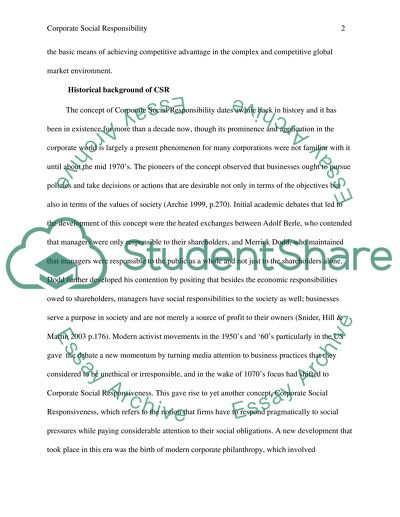Cite this document
(“Outline and discuss the evolution of CSR (Corporate Social Essay”, n.d.)
Retrieved from https://studentshare.org/law/1488821-outline-and-discuss-the-evolution-of-csr-corporate
Retrieved from https://studentshare.org/law/1488821-outline-and-discuss-the-evolution-of-csr-corporate
(Outline and Discuss the Evolution of CSR (Corporate Social Essay)
https://studentshare.org/law/1488821-outline-and-discuss-the-evolution-of-csr-corporate.
https://studentshare.org/law/1488821-outline-and-discuss-the-evolution-of-csr-corporate.
“Outline and Discuss the Evolution of CSR (Corporate Social Essay”, n.d. https://studentshare.org/law/1488821-outline-and-discuss-the-evolution-of-csr-corporate.


